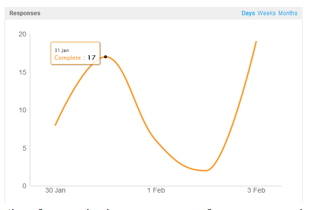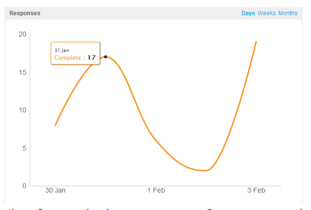Magnus data wis novum bulla – data est homo ex Walliam
Magnus data wis novum bulla – data est homo ex Walliam
 The subject of Big Data and the rise of instant analytics has been covered intensively by the world’s media over the past decade or so, it has been hyped to the heavens and praised to the skies. The constantly changing fashionable take on Big Data and the intensification of instantaneous analytics demonstrates the depth of the subject and the volumes, varieties and velocities of the data and the speculation. Given that its influence pervades our privileged society, it is important to remember that ‘what goes up must come down’, ‘what goes around, comes around’ and ‘a data byte in time, generates 9 terabytes of machine learning. It is therefore an unfortunate consequence of our society’s history that Big Data and instant analytics is rarely given rational consideration by global commercial initiatives and global governance, whom I can say no more about due to legal constraints. Though I would rather not be in consort with the devil – i.e. the downside of human projection and superstition – I will now examine the primary drivers behind Big Data and the rise of instant analytics.
The subject of Big Data and the rise of instant analytics has been covered intensively by the world’s media over the past decade or so, it has been hyped to the heavens and praised to the skies. The constantly changing fashionable take on Big Data and the intensification of instantaneous analytics demonstrates the depth of the subject and the volumes, varieties and velocities of the data and the speculation. Given that its influence pervades our privileged society, it is important to remember that ‘what goes up must come down’, ‘what goes around, comes around’ and ‘a data byte in time, generates 9 terabytes of machine learning. It is therefore an unfortunate consequence of our society’s history that Big Data and instant analytics is rarely given rational consideration by global commercial initiatives and global governance, whom I can say no more about due to legal constraints. Though I would rather not be in consort with the devil – i.e. the downside of human projection and superstition – I will now examine the primary drivers behind Big Data and the rise of instant analytics.
Social Factors
Society is a human product. When J H Darcy said ‘fervour will spread’ [1] she must have been referring to Big Data. Both tyranny and democracy are tried and questioned. Yet Big Data, The Mail on Sunday and instant analytics raises the question ‘why not?’
When one is faced with people of today a central theme emerges – Big Data and the role of the ‘data scientist’ is either adored or despised, it leaves no one undecided. It has been said that the one type of society that could survive a nuclear attack is a Big Data driven one. This is hypothetically incorrect, actually nuclear powered neuro-cockroaches are the only things that can survive an all-out nuclear attack perpetrated by the evil doers.
Economic Factors
Is unemployment inherently bad for an economy? Yes. We shall examine the Maiden-Tuesday-Lending model, which I hope will be familiar to most readers.
Political FactorsClearly, the graphs demonstrates a strong correlation. Why is this? Obviously, the national debt will continue to follow Big Data, data science and instant analytics for the near future. The financial press seems unable to make up its mind on these issues, which unsettles investors.
Politics, we all agree, is a fact. Comparing the electoral politics of most Western and Eastern European countries is like comparing pre and post war views of Big Data and the rise of instant analytics.
It is always enlightening to consider the words of one of the great political analysts Augstin Rock ‘A man must have his cake and eat it in order to justify his actions.’ [2] What a fantastic quote. Both spectacular failure and unequalled political accomplishment may be accredited to Big Data and the rise of instant analytics.
Is Big Data and the rise of instant analytics politically correct, in every sense? Each man, woman and to a lesser extent, child, must make up their own mind.
Conclusion
In conclusion, Big Data and the rise of instant analytics may not be the best thing since sliced bread, but it’s still important. It sings a new song, brought up a generation and statistically it’s great.
Here with the final word is Hollywood’s Denzel Travolta: ‘You win some, you lose some, but Big Data and instant analytics wins most often.’ [3]
Thanks
I would like to thank Professor Afilonius Jones, Professor Chon Quenadi and Doctor Ardio Weltweit for collaborating in the writing of this piece and for correcting the draft.
[1] J H Darcy – The Spaniard – 1988 – PPT
[2] Rock – Roll It Up – 1977 – F. Lower Publishing
[3] Weekly Big Data and the rise of instant analytics – Issue 54 – Rhino Media







